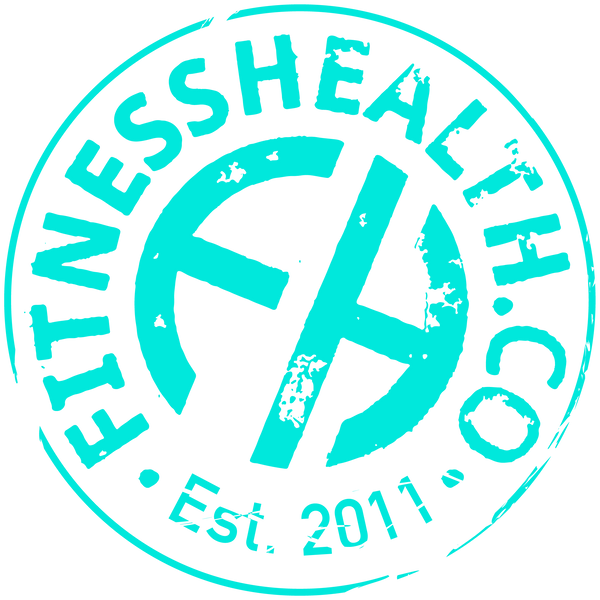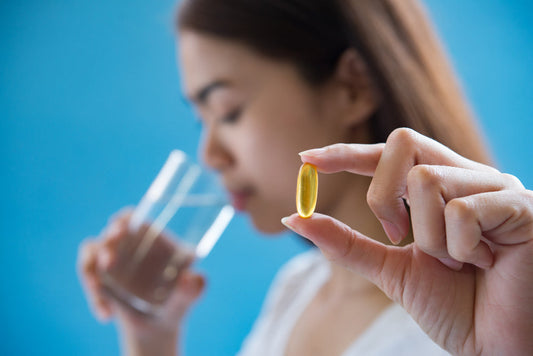Addiction doesn't discriminate—it affects people from all walks of life, shattering health, relationships, and futures. Yet recovery is possible with the proper support, offering a chance to rebuild and thrive. Modern treatment programs provide scientifically backed solutions tailored to individual needs, addressing both substance use disorders and underlying mental health conditions.
The journey to sobriety requires more than willpower; it demands comprehensive care, professional guidance, and sustained commitment. With the proper resources, those struggling with addiction can reclaim control and embark on a transformative path toward wellness.
This blog explores the various programs that can help people achieve complete recovery and improve their lives. Continue reading to learn more.
Understanding Addiction and Treatment Options
According to www.jacksonhousecares.com, addiction is a chronic disease of addiction that usually co-occurs with depression, bipolar disorder, post-traumatic stress disorder (PTSD), and other mental ailments. Effective substance use disorder treatment requires addressing both the addictive behaviors and underlying psychiatric disorders.
Types of Treatment Programs
Addiction recovery programs offer multiple structured approaches tailored to different needs and severity levels:
1. Inpatient Treatment
This option offers intensive care for patients with severe addictions or those at high risk of medical complications. Inpatient treatments include 24/7 medically supervised programs for immediate crisis stabilization through detoxification and withdrawal management in a secure hospital setting. Patients receive round-the-clock monitoring from addiction specialists while beginning structured therapy to address both physical dependence and psychological factors.
The controlled environment eliminates access to substances while introducing healthy routines and evidence-based interventions like cognitive behavioral therapy. Typical stays range from seven days up to a month, focusing on establishing initial sobriety before transitioning to less intensive care. This level of treatment is particularly critical for those with co-occurring disorders, polydrug dependencies, or histories of dangerous withdrawal symptoms.
2. Residential Treatment
Residential treatment offers a supportive, live-in environment where patients can fully focus on recovery without daily distractions. These programs typically last 30-90 days and provide structured daily schedules combining therapy, skill-building, and peer support. Many facilities incorporate holistic approaches like mindfulness and fitness alongside traditional clinical care.
The residential setting allows for intensive work on underlying issues through individual counseling, group sessions, and family therapy. Unlike hospital-based inpatient care, these programs often feature more home-like environments to ease the transition to sober living. This level of care is particularly valuable for those needing longer-term support after detox or with histories of relapse.
3. Outpatient Programs
Outpatient programs provide flexible treatment options that allow patients to maintain their work, school, or family commitments while receiving care. A comprehensive outpatient curriculum typically blends one-on-one counseling, therapeutic group sessions, and psychoeducational workshops, with flexible scheduling options to accommodate participants' daily responsibilities. Intensive outpatient programs (IOPs) offer more frequent sessions for those needing structured support without 24/7 supervision.
The step-down approach of outpatient care helps patients gradually apply recovery skills in real-world settings while still having professional guidance. Partial hospitalization programs (PHPs) serve as a middle ground, providing daily therapeutic services for those who don't require inpatient care but need more support than standard outpatient treatment. This level of care is ideal for those transitioning from residential treatment or managing milder substance use disorders.
4. Medication-Assisted Treatment (MAT)
MAT combines FDA-approved medications with behavioral therapies to create a comprehensive approach to substance use disorder treatment. These medications help manage withdrawal symptoms, reduce cravings, and stabilize brain chemistry, allowing patients to focus on their recovery. Research shows MAT significantly improves retention in treatment programs while lowering the risk of relapse and overdose.
This evidence-based approach is efficient for opioid and alcohol use disorders, with medications like buprenorphine, methadone, and naltrexone. For optimal results, MAT should be integrated with counseling and complementary support services to address the behavioral and emotional dimensions of addiction fully. By treating both the physical and mental components of dependency, MAT provides a balanced path toward sustainable recovery.
5. Support Groups and Aftercare
Support groups and aftercare programs provide the crucial social scaffolding needed to maintain long-term sobriety after formal treatment ends. Peer-led groups like Alcoholics Anonymous (AA) and SMART Recovery offer ongoing accountability through shared experiences and structured recovery frameworks. Transitional housing options like sober living homes and recovery residences serve as crucial stepping stones, offering structured, substance-free living arrangements with peer support as individuals reintegrate into daily life.
These continuing care services help patients navigate real-world challenges while reinforcing the coping skills learned in treatment. Many programs incorporate alum networks, check-in systems, and community-building activities to prevent isolation – a common relapse trigger. By creating lasting recovery communities, aftercare transforms treatment completion into the beginning of lifelong wellness rather than an endpoint.
By understanding these various treatment options, people in recovery and their loved ones can make informed decisions to begin the journey toward sustainable recuperation.

The Treatment Process: A Continuum of Care
Successful recovery involves multiple stages of treatment, each addressing different aspects of healing through carefully structured interventions:
- Detoxification: The first critical step in overcoming illegal drug or alcohol dependence, medically supervised detox manages withdrawal symptoms while preparing patients for ongoing treatment.
- Therapy & Counseling: Includes evidence-based approaches like individual sessions for personal struggles, family counseling to repair relationships, and group therapy that builds community support while addressing mental health disorders and life issues.
- Relapse Prevention: Patients learn healthy behaviors and coping strategies through cognitive-behavioral techniques and practical life skills training, significantly reducing relapse rates.
- Ongoing Treatment: Long-term care plans may incorporate additional services like financial counseling for stability, vocational rehabilitation for job placement, and holistic therapies (such as art or recreational therapy) to support whole-person healing.
This phased approach ensures individuals progress from crisis stabilization to sustainable recovery with continuous support at every stage.
The Role of Community and Holistic Care
Recovery extends far beyond clinical treatment and thrives when supported by strong community networks and holistic healing approaches. Community centers, faith-based organizations, and volunteer groups provide essential social connections that combat the isolation often felt in early sobriety. These networks offer practical assistance with housing, employment, and education while fostering meaningful sober relationships through shared activities and mentorship programs.
Meanwhile, holistic care complements traditional therapies through modalities like yoga, art therapy, and mindfulness practices. Aside from these, there are also nutritional counseling and fitness programs that can help repair the body's damage from substance abuse while improving overall well-being. Together, these community and holistic elements create a comprehensive support system that sustains long-term recovery by nurturing all aspects of a person's life.
Conclusion
Addiction recovery often requires a balance of multiple elements. Whether it's AA's 12-step program, intensive rehabilitation units, or outpatient services, the key is preparedness and commitment. With the right treatment team, continuum of care, and support network, patients can overcome drug use disorder and reclaim their physical, emotional, and spiritual well-being.













